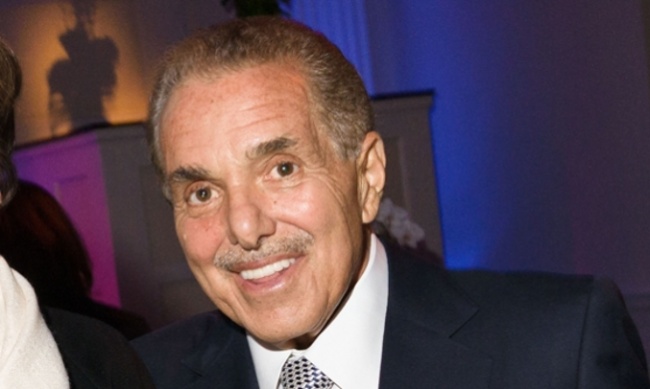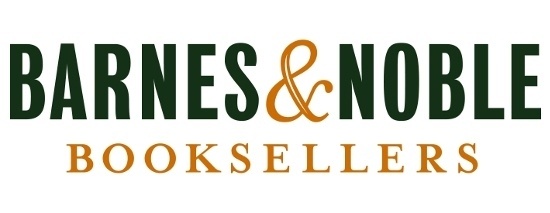Riggio founded the company in 1965, and has still been playing an active role, including involvement in the hiring of the company’s current Chief Executive Officer, Ronald Boire, last summer (see “Barnes & Noble Hires New CEO”).
“I’m no longer going to be in charge,” Riggio told the Wall Street Journal. “I’m done with that. I’m done with being top banana.” He’ll maintain his ownership share in the company, neither increasing it or decreasing it.
The 75-year old Riggio built the business up over half a century, opening his first college bookstore in Greenwich Village in 1965 and acquiring rival Manhattan store Barnes & Noble in 1971. B&N bought B. Dalton Bookseller, a mall chain, in 1987, and began a strategy of opening superstores, which included cafes and large newsstand offerings.
B&N continued to expand until the store count peaked at 726 for the fiscal year ended January 2009. But Amazon’s emergence on the retail scene in 1995 and the growth of digital content over the past decade have taken their toll, and B&N has been closing stores as its core physical book, music, and video businesses have declined. It currently operates 640 stores.
Barnes & Noble has made a big push into geek categories recently, expanding its inventory of graphic novels (see “Barnes & Noble Adds New Release GN Displays”), and launching live gaming events (see “Barnes & Noble Expands Game Events to All 640 Stores”).
Riggio was a pioneer of retailing beyond Barnes & Noble. He also founded Barnes & Noble College Bookstores, a contract operator of college stores across the U.S., and Gamestop, which has around 7,000 stores worldwide.




